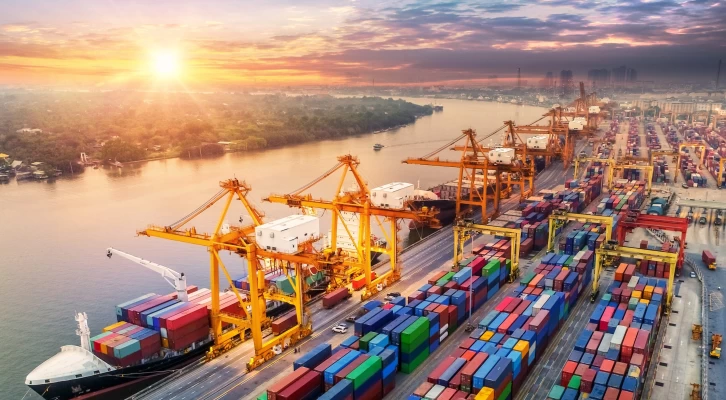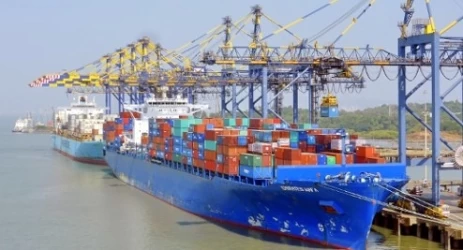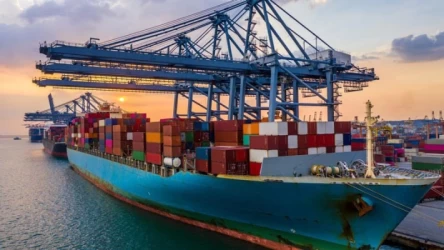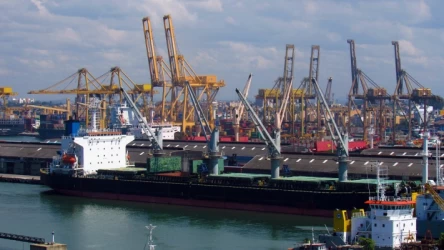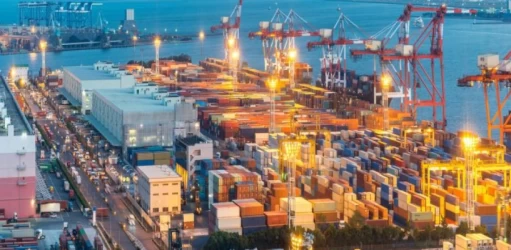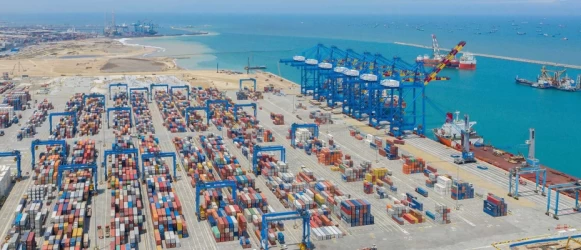Sea freight at Chennai port
Chennai Port, one of the largest and most significant ports in India, plays a vital role in international trade and maritime transportation. Known as the "Gateway to South India," this port serves as a central hub for importing and exporting various goods to and from different parts of the world, including the Middle East, Europe, and Asia.
Historical Background
Chennai Port has a rich history dating back to the British colonial era. Established in 1881, it has evolved over the years, enhancing its infrastructure and modernizing its facilities to become a critical player in India's maritime trade. The port's strategic location has made it a significant point for shipping routes in the Indian Ocean.
Strategic Importance
Chennai Port's geographical location on the eastern coast of India gives it strategic importance for maritime trade. It acts as a bridge between India and Southeast Asian countries as well as Middle Eastern markets. Additionally, its proximity to major industrial regions in Tamil Nadu and Andhra Pradesh drives the demand for cargo transportation through this port.
Facilities and Infrastructure
Chennai Port is equipped with advanced facilities that include large berths, storage warehouses, modern cargo handling equipment, and sophisticated navigation systems. These capabilities enable the port to efficiently handle heavy cargo, such as automobiles, industrial machinery, and bulk commodities. The port also offers container and liquid bulk transport services, further diversifying its operational scope.
Container Transportation
One of the primary activities at Chennai Port is container transportation. With state-of-the-art container terminals and digital cargo management systems, the port can conduct rapid and efficient operations. Containerized goods are exported from Chennai to numerous global destinations, particularly to East Asian and Middle Eastern countries, enhancing its role in international logistics.
Port Services
In addition to container transportation, Chennai Port provides a variety of services, including the loading and unloading of heavy cargo, managing bulk shipments, and offering storage solutions. The port also features facilities for ship repairs and maintenance, ensuring that vessels can receive necessary services without significant delays.
Challenges
Despite its many advantages, Chennai Port faces several challenges. One of the main issues is heavy maritime traffic, which can sometimes lead to delays in transportation. Furthermore, despite advancements in infrastructure, there is an ongoing need for further development to accommodate the increasing volume of international trade.
Future Prospects
With India’s rapid economic growth and rising international trade, Chennai Port is expected to play an even more prominent role in maritime transportation. Plans are underway to enhance port infrastructure and expand transport capacity, which will contribute to improving operational efficiency and overall performance.
Conclusion
As one of the key maritime transportation hubs in India, Chennai Port significantly contributes to the national economy and international trade. While it faces certain challenges, the port remains a critical player in India's maritime landscape. With future developments, Chennai Port is poised to capture a larger share of the global market, further solidifying its position as a leading maritime center.
If you have any specific questions or need further assistance, feel free to ask!

